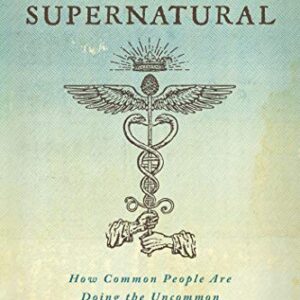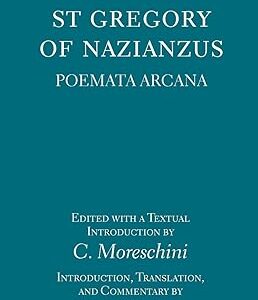Includes Linked Table of Contents.
From the Abstract:
“In this treatise Augustine teaches us to beware of maintaining grace by denying free will, or free will by denying grace; for that it is evident from the testimony of Scripture that there is in man a free choice of will; and there are also in the same Scriptures inspired proofs given of that very grace of God without which we can do nothing good. Afterwards, in opposition to the Pelagians, he proves that grace is not bestowed according to our merits. He explains how eternal life, which is rendered to good works, is really of grace. He then goes on to show that the grace which is given to us through our Lord Jesus Christ is neither the knowledge of the law, nor nature, nor simply remission of sins; but that it is grace that makes us fulfil the law, and causes nature to be liberated from the dominion of sin. He demolishes that vain subterfuge of the Pelagians, to the effect that “grace, although it is not bestowed according to the merits of good works, is yet given according to the merits of the antecedent good-will of the man who believes and prays.” He incidentally touches the question, why God commands what He means Himself to give, and whether He imposes on us any commands which we are unable to perform. He clearly shows that the love which is indispensable for fulfilling the commandments is only within us from God himself. He points out that God works in men’s hearts to incline their wills whithersoever He willeth, either to good works according to his mercy, or to evil ones in return for their deserving; His judgment, indeed, being sometimes manifest, sometimes hidden, but always righteous. Lastly, he teaches us that a clear example of the gratuitousness of grace, not given in return for our deserts, is supplied to us in the case of those infants which are saved, while others perish though their case is identical with that of the rest.”





Reviews
There are no reviews yet.